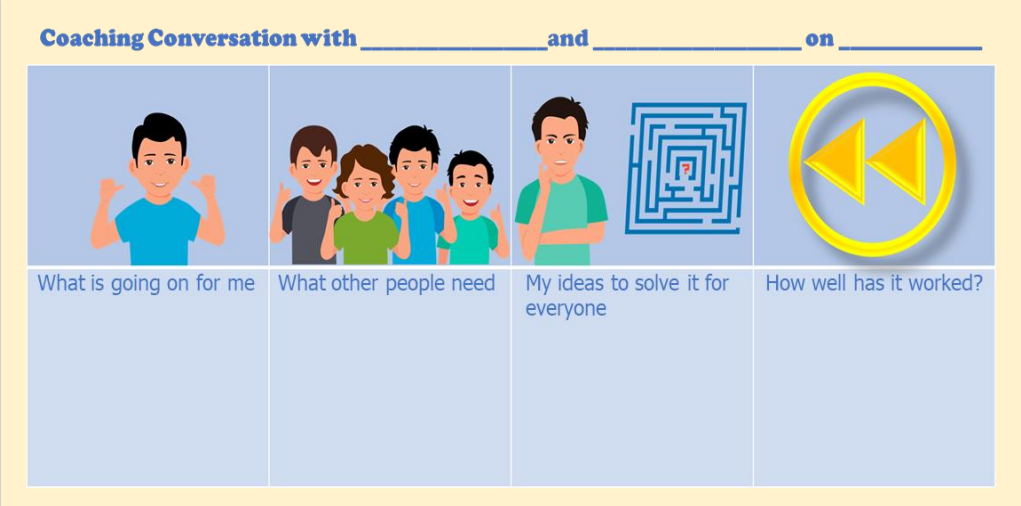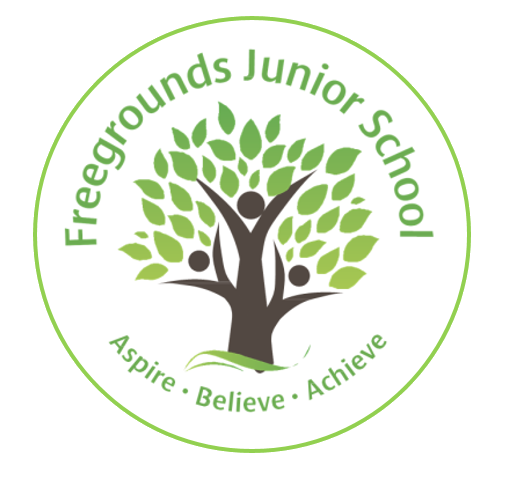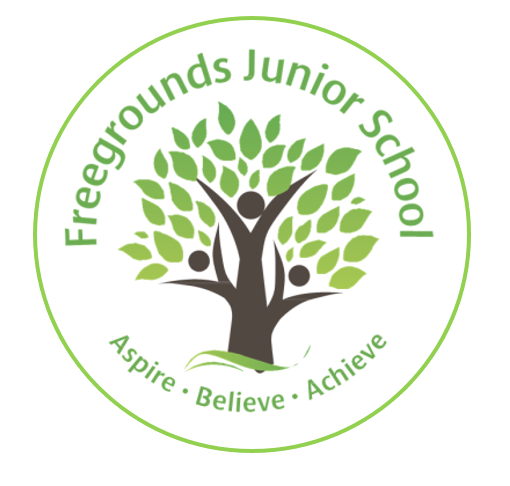Empowerment Approach
At Freegrounds Junior School we follow the Empowerment Approach.
Our overarching ambition is to create an inclusive school where children are supported to become confident, prosocial members of our school community who have both the skills and the intrinsic motivation to do the right thing, whether or not someone is watching. We believe that when children feel better, they do better, which is why we have adopted the Empowerment Approach.
The key elements of the Empowerment Approach are:
- Teaching children about their brains
- Agreeing high expectations with high support
- Supporting children to prepare and plan to be at their best for learning and play
- Responding by connecting when things go wrong
- Following up every incident and solving problems together
- Coaching young people to resolve unhelpful behaviour patterns
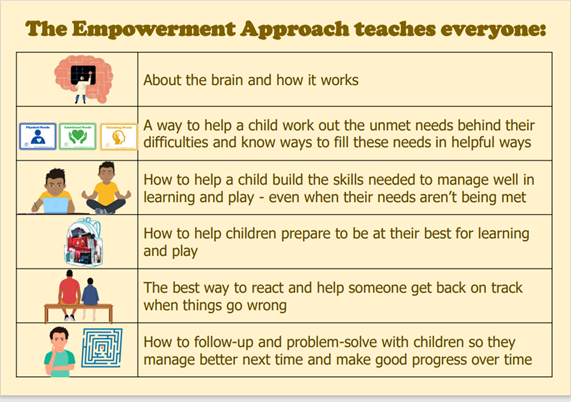
We recognise that, as with all learning, children will enter our school gates at very different stages. Some children will already have developed a good level of pro-social and pro-learning skills due to the support and experiences they have enjoyed. It will be easy for them to learn and play successfully. Other children will not have developed those skills and may have greater needs and difficulties than their peers. This means it will be much harder for them to follow routines, work with others and meet the daily demands of school and they will need greater support. Our inclusive school needs to be a place where every member feels safe, content and able to learn; as such, our approach ensures that, whilst we meet the needs of the most vulnerable, those of the group also holds paramount importance.
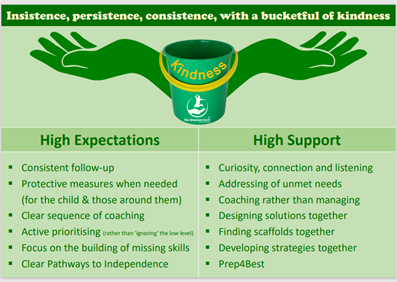
Through adult support, the children develop understanding of their 5C needs and how it feels to have these met and unmet. We can summarise our physical and emotional needs as our ‘Big 5C Needs’: to feel comfortable, to feel connected, to feel I count, to feel capable and a sense of control over what is happening to/around me. Every person’s level of needs are different. E.g. Some people need lots of movement to feel ok; others feel fine to stay still for longer periods. By knowing the size of our needs, we are in a better position to prepare to meet them well. We cannot have all our needs met all of the time and so we need to develop the skills to manage this in a way which is good for everyone around us. Some children need more help than others to manage wehen they have unmet needs.
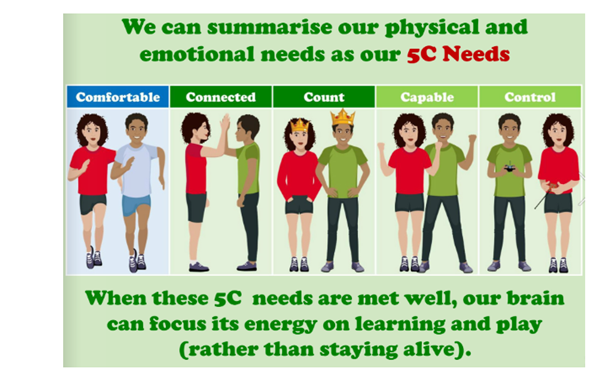
We agree expectations and boundaries with children, with a focus on it being ‘Good for you, good for me, good for everyone.’ We help children have a sense of control over what happens to them. If children cannot meet the high expectations, they might need support to develop the skills to do this and we will spend time having Coaching Conversations or Coaching Time to support children to build skills and develop their Pathway to Independence.
